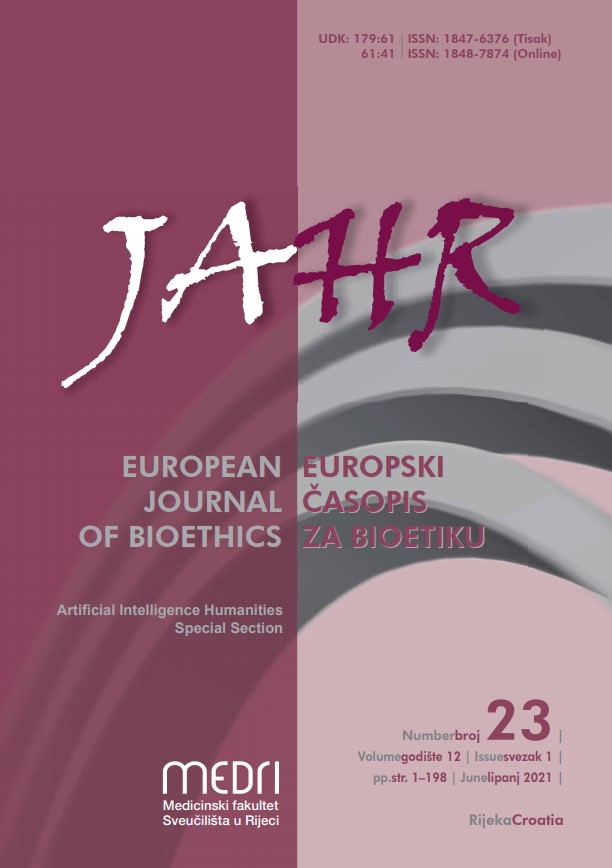Transhumanism: from Julian Huxley to UNESCO
Keywords:
Julian Huxley, UNESCO, transhumanism, ethics of artificial intelligenceAbstract
https://doi.org/10.21860/j.12.1.8
Julian Huxley, founder and the first Director-General of UNESCO, is at the heart of contemporary debates on the nature and objectives of the concept of transhumanism, which he first used in the early 1950s. Therefore, the analysis of his idea of transhumanism - a tool to improve the quality of life and the condition of man - should lead us to question his heritage in terms of philosophy that inspires UNESCO’s action as it seeks to build a comprehensive approach to artificial intelligence that takes into account, among other things, the values and principles of universal ethics and aims to derive the best from the use of this technology. This title where the British biologist, the elder brother of the famous science fiction writer, Aldous Huxley, author of the Brave New World, coexists with the United Nations Organization in charge of Education of Science and Culture is obvious for those who know the history of this international organization or who like radio games: Julian Huxley was appointed as the first Director-General of UNESCO in 1946. But, beyond this evidence, there is a deeper link that highlights the history of the renewal of the idea of transhumanism (I) and questions about the role that UNESCO has, among the other international organizations (II)
Downloads
Published
Issue
Section
License
Authors who publish with this journal agree to the following terms:
- Authors retain copyright and grant the journal right of first publication with the work simultaneously licensed under a Creative Commons Attribution License that allows others to share the work with an acknowledgement of the work's authorship and initial publication in this journal.
- Authors are able to enter into separate, additional contractual arrangements for the non-exclusive distribution of the journal's published version of the work (e.g., post it to an institutional repository or publish it in a book), with an acknowledgement of its initial publication in this journal.
- Authors are permitted and encouraged to post their work online (e.g., in institutional repositories or on their website) prior to and during the submission process, as it can lead to productive exchanges, as well as earlier and greater citation of published work (See The Effect of Open Access).



